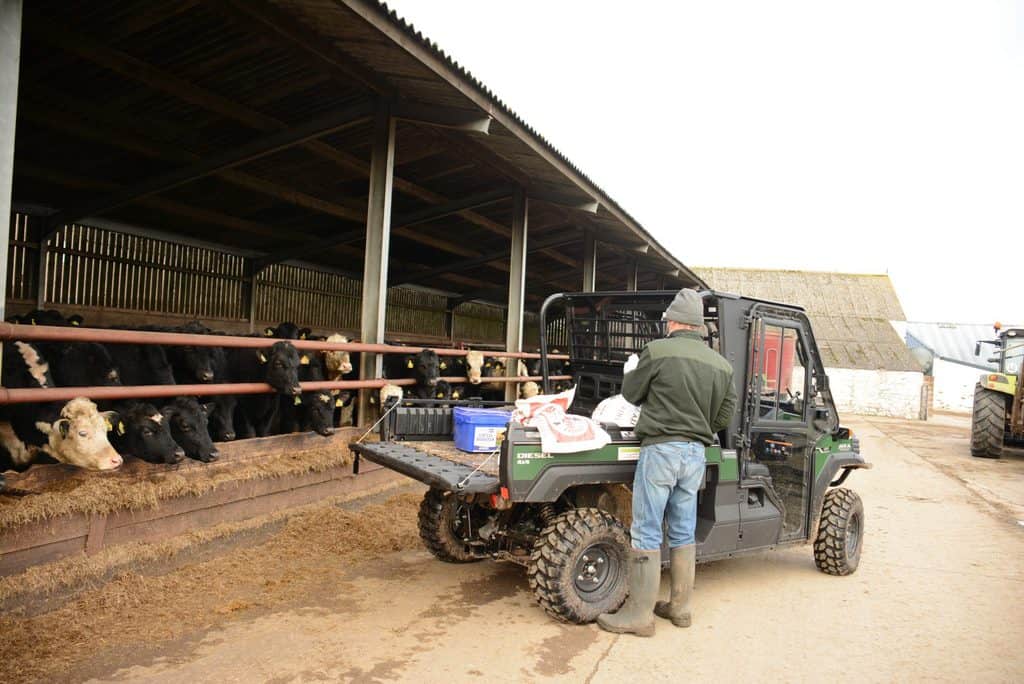New research will explore which interventions can best support the mental health and wellbeing of people in Scotland’s farming and crofting communities.
Led by the University of Stirling and Scotland’s Rural College (SRUC), the study will explore the preferences of farming and crofting people and at the same time establish their views, up-take and acceptability of two possible interventions.
One will deliver emotional and social support – including financial advice – and the other will be an online psychological therapy, which has been specifically developed for the farming and crofting community.
Four fifths of farmers under the age of 40 consider mental health to be the biggest hidden problem facing the agricultural community. Depression in farmers is increasing and suicide rates are among the highest in any occupational group. It is currently estimated that one agricultural worker per week takes their own life.
Margaret Maxwell, Professor of Health Services and Mental Health Research at the University of Stirling, said: “The underlying reasons for poor mental health among the farming and crofting community lies in the unique social, environmental and economic challenges of rural food production, therefore an intervention that is targeted towards helping farmers and crofters cope with these issues may be more acceptable and beneficial.
“We know that farmers are more likely to turn to their own communities for support than to health or social work authorities, with many preferring to engage with advice from colleagues such as vets or use anonymous supports such as telephone or on-line resources. However, there is no current knowledge concerning preferences, and acceptability or up-take, of remote interventions and how these can best be signposted to farmers and crofters.”
Dr Kate Stephen, Behavioural Scientist at SRUC, said: “There are always challenges in this sector and farmers and crofters are used to having to cope, often by themselves. At times, it can feel overwhelming. It’s not clear what support is available and it’s not always easy to ask for help.
“This project is looking at what types of support farmers and crofters could benefit from, and how this could be adapted to suit them best. We’re interested in the wider farming and crofting communities – not just owners but farm workers and family members, whether the farm or croft is large or small.
“We’re thinking about how to get in early, to prevent things getting worse, how to help farming and crofting people to recognise when they are struggling in themselves, and what ‘tools’ help them to turn things around.
“We would also like to hear from people from farming and crofting communities who understand what it feels like to struggle. We’d like to include people who don’t usually ‘pick up the phone’ to ask for help.”
The study will be conducted in the Highland area and the Shetland Islands and researchers are looking for volunteers to take part in early-stage interviews and focus groups. This will be followed by a pilot study of the interventions which will seek to recruit 40 members of the farming and crofting community.
The research is being funded by the Chief Scientist Office (part of the Scottish Government Health Directorates) and is also supported by partners including the Royal Scottish Agricultural Benevolent Institution (RSABI), Support in Mind Scotland, The National Rural Mental Health Forum and NHS Highland.
If you are interested in taking part or would like more information, email [email protected] or visit www.sruc.ac.uk/farmingminds






